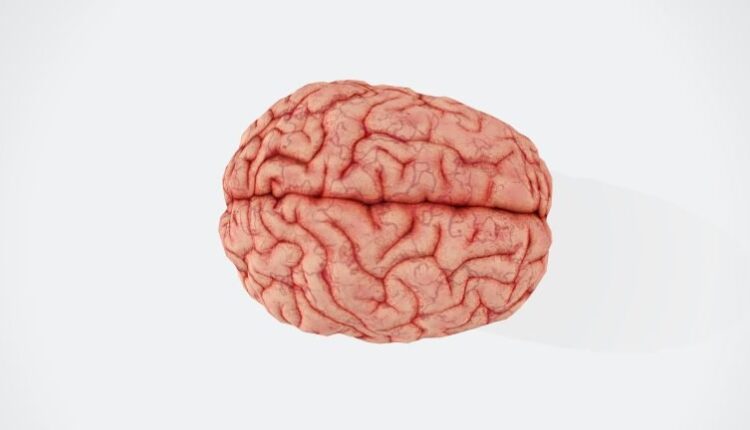Study Suggests Decaf Coffee Can Mimic Caffeine's Effects In Habitual Drinkers – CoffeeTalk
A new study published in Heliyon suggests that the energizing effects of coffee might have less to do with caffeine and more to do with the ritual of drinking it. In a double-blind, placebo-controlled experiment involving habitual coffee drinkers, researchers found that ingesting decaffeinated coffee produced many of the same physiological and cognitive responses as caffeinated coffee. These findings suggest that regular coffee consumers may react to the experience of drinking coffee in ways that are independent of its caffeine content. Coffee is a cornerstone of daily life for billions of people around the world, with perceived benefits including enhanced alertness, improved focus, and a sense of readiness to take on the day. Some researchers argue that other factors, such as the smell, taste, or expectation of coffee, might also play a role. In particular, habitual coffee drinkers may develop conditioned responses, where the mere act of consuming coffee triggers physiological changes regardless of whether caffeine is actually present.
A study was conducted to investigate the effects of caffeine on regular coffee consumption. The researchers recruited 20 healthy university students, who were habitual coffee drinkers, consuming one to three cups per day. They abstained from caffeine for at least eight hours before the experiment. Participants were randomly assigned to receive either caffeinated or decaffeinated coffee, which were identical in appearance and taste and made using decaffeinated coffee beans.
The researchers hypothesized that if caffeine was responsible for the alerting effects of coffee, then participants who consumed caffeinated coffee would exhibit more pronounced changes in cardiovascular and cognitive performance, as well as distinct patterns of brain activity, compared to those who received the placebo. However, the results did not fully support this expectation. Both groups showed similar physiological changes following coffee ingestion. Heart rate decreased and blood pressure increased after consuming either drink, with no significant differences between the caffeine and placebo groups.
Cognitive performance was also largely unaffected by the presence of caffeine. In a mental arithmetic task, participants’ accuracy and number of responses did not change significantly after drinking either type of coffee. In contrast, reaction times during an auditory attention task improved slightly in both groups, but this improvement was statistically significant only for the caffeine group. While this suggests that caffeine may enhance processing speed, the fact that the placebo group also improved—despite ingesting no caffeine—points to a possible placebo effect, fueled by the participants’ expectations.
The EEG data revealed more subtle distinctions. During the attention task, brain wave patterns associated with cognitive processing (specifically, the P3 component) increased in both groups after coffee consumption. However, only the caffeine group showed a statistically significant increase. Resting-state EEG data also showed a significant interaction between group and ingestion condition, with changes in alpha and beta wave activity found across several brain regions. One specific finding—the decrease in alpha power at the FC2 electrode in the caffeine group—suggests increased mental readiness, as lower alpha activity is often linked to heightened attention and reduced inhibition.
The findings are consistent with a growing body of research suggesting that the experience of drinking coffee—its smell, taste, and associated expectations—can influence alertness and cognitive performance. Future research could build on these findings by including larger and more diverse samples, comparing habitual and non-habitual drinkers, and testing other forms of placebo. The researchers suggest further research into the complex psychological and physiological effects of caffeine and coffee consumption, with a focus on habituation, placebo effects, and the impact of study design choices.
Read More @ Psypost
Source: Coffee Talk



